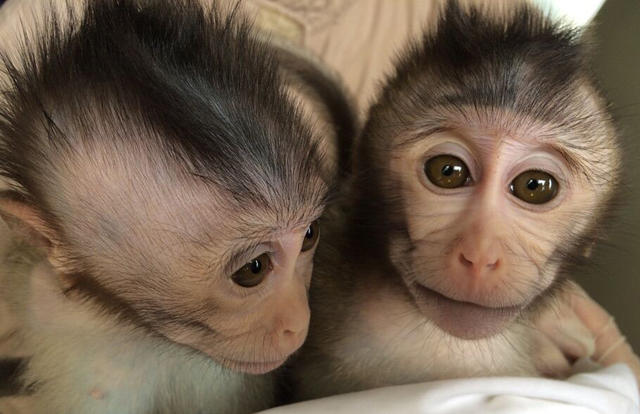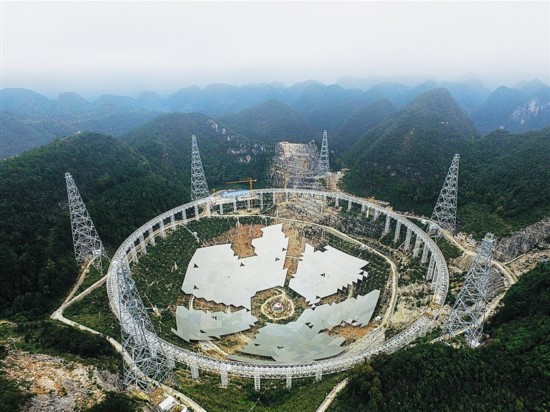You are listening to NEWS Plus Special English. I'm Liu Yan in Beijing.
Chinese researchers have successfully created autistic monkeys by implanting autism-related genes into monkey embryos.
The monkeys are the world's first nonhuman primates to show the effects of autism. The study will play an important role in studying the pathology of the condition and exploring effective intervention and treatment.
The research has demonstrated the feasibility of studying brain disorders with genetically engineered primates. That's according to neuroscientist Muming Poo, a foreign member of the Chinese Academy of Sciences, who is also a member of the National Academy of Sciences in the United States.

Poo says for quite a long time, there has been little good drug innovation in autism due to the lack of suitable animal models. This work will allow researchers to conduct deeper studies into autism and the brain's working mechanism.
Autism spectrum disorder is one of a range of neurodevelopment problems. People with the condition usually exhibit defects in social interaction, stereotyped repetitive behaviors, anxiety and emotional difficulties.
In recent years, the incidence of autism has continued to rise globally, and there is no effective treatment. Around four in every 1,000 Chinese children between ages 6 and 12 have the condition.
This is NEWS Plus Special English.
Southwest China's Guizhou Province is expected to evacuate more than 9,000 people for the protection of the world's largest ever radio telescope before its completion in September.
The evacuation is facilitated by a proposal delivered last year by members of the Guizhou Provincial Committee of the Chinese People's Political Consultative Conference, the top advisory body.

The proposal asks the provincial government to remove local homes less than 5 kilometers away from the Aperture Spherical Telescope, to create a sound electromagnetic wave environment.
Guizhou is expected to resettle people from two counties in four settlements by the end of September.
Each of the involved residents will get 12,000 yuan, roughly 1,800 U.S. dollars subsidy for the resettlement; and each ethnic minority household with housing difficulties will get 10,000 yuan subsidy.
Construction of the telescope began in March 2011 with an investment of 1.2 billion yuan. Upon completion, the telescope, which is 500 meters in diameter, will become the world's largest of its kind. It will overtake the one in Puerto Rico, which is 300 meters in diameter.












